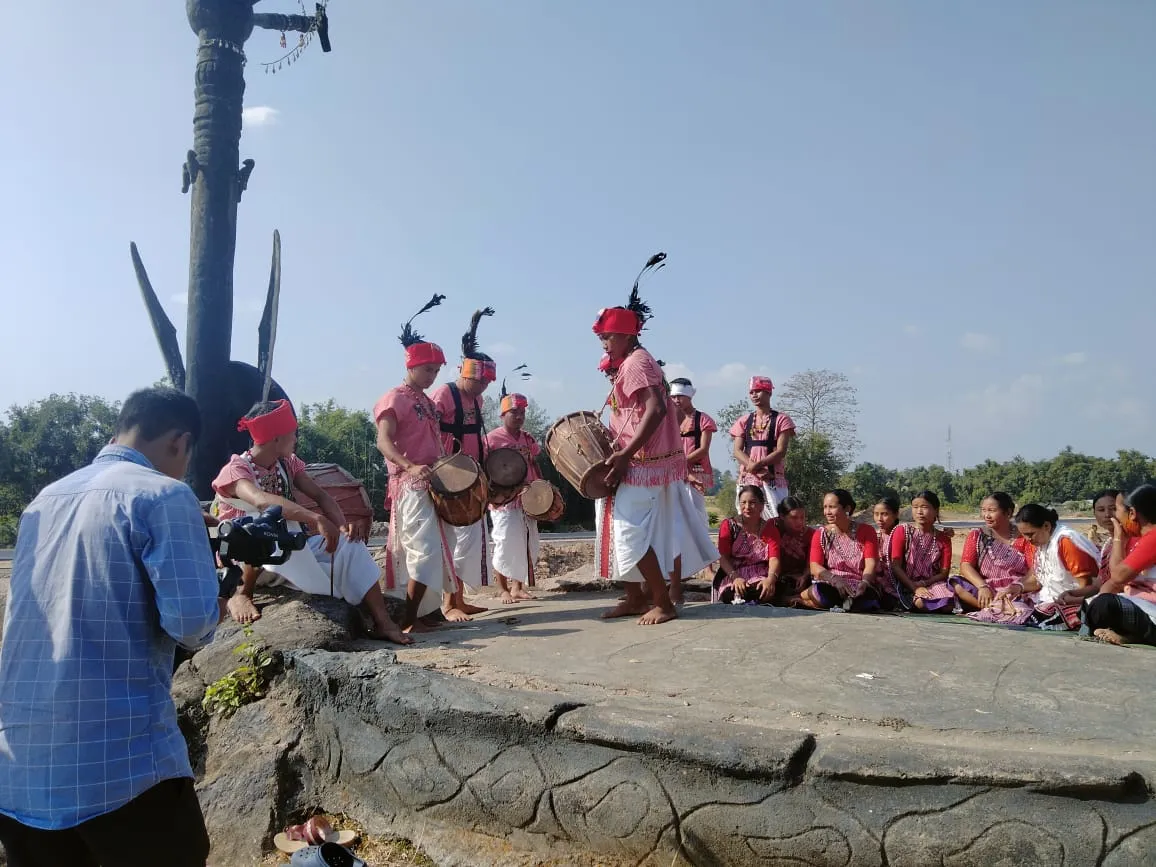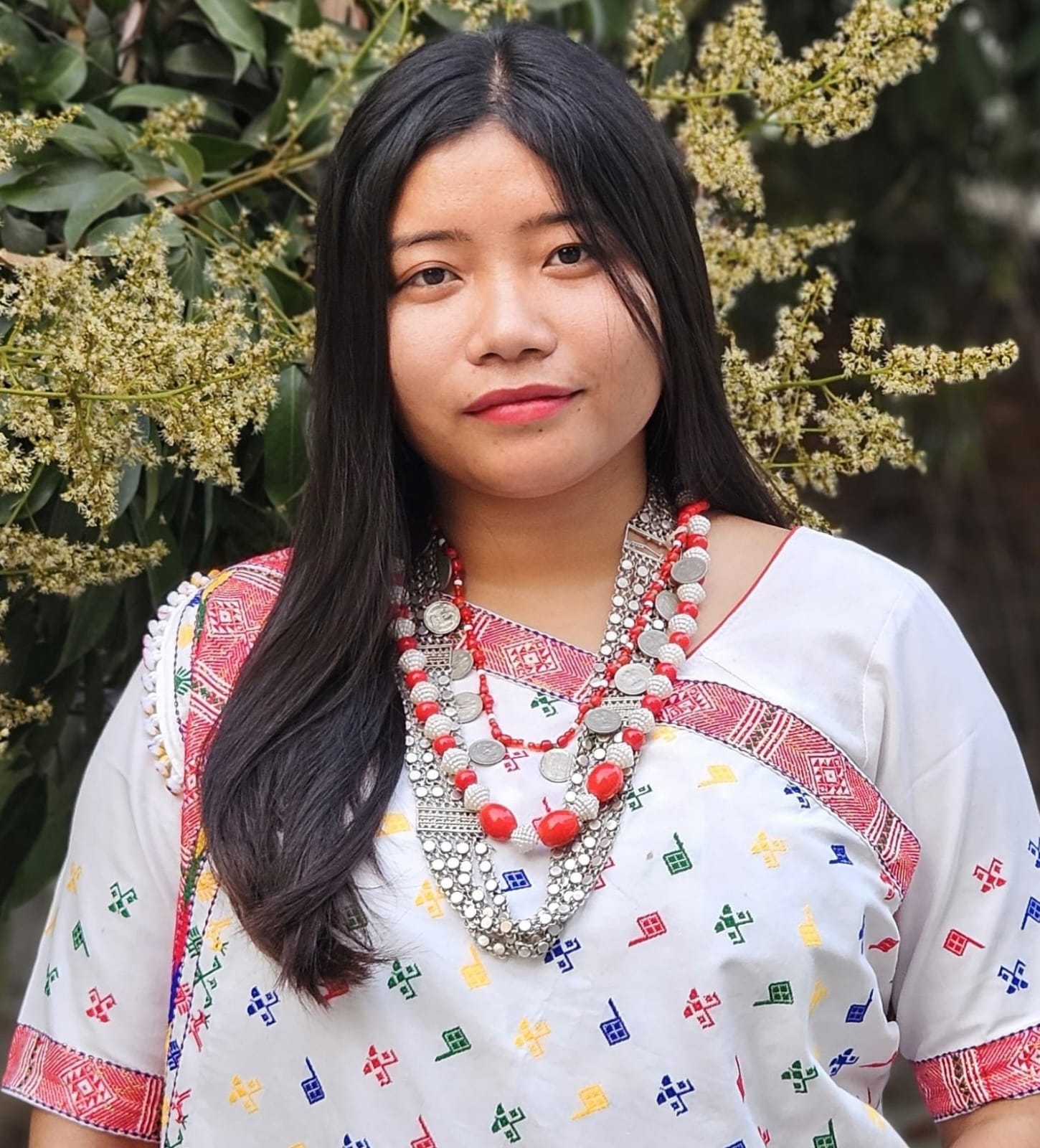
Addressing shrinking civil space in India and Bangladesh

Disclaimer: Opinions expressed in this commentary are those of the authors and do not necessarily represent the institutional position of International IDEA, its Board of Advisers or its Council of Member States.

The Indigenous Peoples of Bangladesh and India constitute vibrant and ethnically diverse communities, characterized by distinct languages, cultural heritages, and governance systems. These communities embody invaluable heritage and values, yet their voices have been politically marginalized within these nation states. Their struggles in both countries are centered on one fundamental objective: the right to self-determination.
Indigenous Peoples within these borders historically practiced a form of self-governance rooted in their customary laws and cultural traditions. These systems ensured the balance of life and ecosystems—human and non-human—within their regions. Governance was holistically intertwined with landownership and resource use. However, colonization and state-imposed systems disrupted these practices, leading to widespread dispossession, displacement, and a crisis of autonomy.
The Indigenous Peoples of India, known as Adivasis or Tribals, and classified by the government under Scheduled Castes and Scheduled Tribes (SC/ST), have long struggled to protect their rights and way of life amidst developmental project encroachments on their ancestral lands. Similarly, Indigenous Peoples in Bangladesh, such as those in the Chittagong Hill Tracts (CHT), have faced severe challenges. Historically, the CHT region was governed by customary Indigenous laws, but decades of armed conflict, militarization, and resettlement schemes have stripped communities of their lands and rights.
While the 1997 Chittagong Hill Tracts Peace Accord (CHT), signed by the Government and the United People's Party of the Chittagong Hill Tracts, was intended to secure their land rights, the gradual loss of land persists due to the non-implementation of its provisions.
In both Bangladesh and India, the gravest consequence of these systemic injustices is the denial of self-determination for Indigenous Peoples. They are compelled to live under government regimes that exclude them from decision-making and fail to listen to their voices. This marginalization stems from the respective governments' prioritization of industrial development and resource extraction, which push Indigenous identities and cultures to the periphery.
The shrinking democratic and civic spaces in Bangladesh and India exacerbate these issues. In recent years, both countries have imposed increasing legislative restrictions on dissent and activism, severely limiting Indigenous Peoples’ ability to advocate for their rights. Civil society organizations dedicated to empowering Indigenous communities often encounter significant obstacles, including bureaucratic red tape and political pressures.
Decolonization is essential to reclaiming self-determination for Indigenous communities. It involves revisiting past visions, reconnecting with Indigenous knowledge systems, and restoring the value systems that once formed the foundation of governance. In Bangladesh, the 1997 CHT sought to address historical injustices against Indigenous Peoples. However, its implementation remains problematic for many reasons including: continual militarization of the area, land disputes, settler encroachment and human rights violations highlighting the need for stronger commitment and political will.
In India, the Sixth and Fifth Schedules of the Constitution recognize the rights of Indigenous Peoples in specific regions. The Sixth Schedule applies to the Northeastern states of Assam, Meghalaya, Mizoram, and Tripura. However, its implementation has faced persistent challenges, underscoring the need for greater commitment and political will. Similarly, the Fifth Schedule, which also acknowledges the rights of Indigenous Peoples in certain regions, is often undermined by weak enforcement and development-driven agendas. To address these issues, the states must revisit their institutional frameworks to more substantively incorporate the voices of Indigenous communities.
Democracy in both countries calls for inclusiveness, ensuring that Indigenous Peoples are not only participants but also decision-makers in governance. Despite the challenges they face, the resilience of Indigenous Peoples provides a glimmer of hope. Movements and organizations advocating for their rights in Bangladesh and India continue to push for policy reforms, land rights, and greater representation. Additionally, international solidarity and advocacy play a crucial role in strengthening these efforts and holding governments accountable.
The quest for self-determination in Bangladesh and India must take the form of a democratization process, with the rights and aspirations of Indigenous Peoples at its core. By empowering these nations to rebuild their cultural, social, and political institutions, they can pave the way for a more inclusive and equitable future. While this journey is not without challenges, collective effort and a shared commitment to justice can ensure that the voices of Indigenous Peoples are heard and respected once again.
This article is the latest in a series of guest pieces from Indigenous advocates across Asia and the Pacific. Read the first, second and third here. Follow International IDEA’s #DemocracyForAll campaign throughout 2025.






